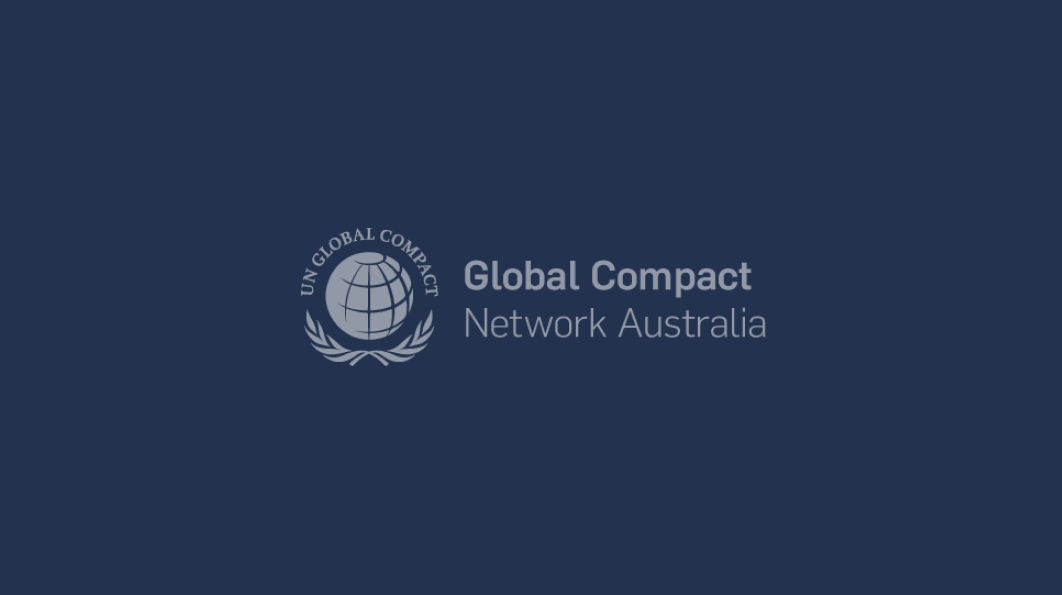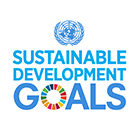
News, Sustainable Development Goals
Australia delivers first Voluntary National Review on SDGs as Governments Reaffirm Commitment to Agenda 2030
UN Global Compact Network Australia | July 31, 2018
Australia has delivered its first Voluntary National Review (VNR) on the SDGs at the UN’s 2018 High-Level Political Forum on Sustainable Development (HLPF), the central platform for follow up and review of Agenda 2030, which took place in New York from 9 – 18 July 2018.
The theme for this year’s HLPF was ‘Transformation towards sustainable and resilient societies’, and the forum focused on seven SDGs:
- SDG 6 (Clean Water and Sanitation) Over 2 billion people continue to live in conditions of water stress, which is being exacerbated by climate change. The links between water stress and conflict were highlighted, alongside the need for water diplomacy and transboundary collaboration. Water pollution remains a challenge, and a focus on better efficiencies in energy and agriculture remain imperative.
- SDG 7 (Affordable and Clean Energy) Recent progress in increasing access to electricity and improvements in industrial energy efficiency were highlighted as well as positive developments in renewables. However, 1 billion people still live without electricity, and the carbon intensity of economies remains an issue. The gender, equity and broader social dimensions of universal energy access were also discussed.
- SDG 11 (Sustainable Cities and Communities) Rapid urbanisation is bringing challenges to cities in managing population growth, ensuring adequate housing and resilient infrastructure. Air quality was also highlighted as a significant issue.
- SDG 12 (Responsible Consumption and Production) Decoupling economic growth from resource use continues to be challenging. Addressing this will not only require the right policies but also a profound transformation of business practices along global value chains.
- SDG 15 (Life on Land) While forest and biodiversity protection is increasing and forest loss has slowed, biodiversity continues to decline and issues such as decreasing land productivity and increasing desertification . The need to localise the agenda and involve all stakeholders in safeguarding biodiversity was noted.
- SDG 17 (Partnerships for the Goal) Alongside a decrease in net Overseas Development Assistance (ODA), we are seeing rising protectionism and inward-looking policies. There is also a need to diversity financing for development including from the private sector. While technological solutions to sustainable development challenges exist, deployment measures are missing.
Alongside the HLPF, the UN Global Compact and partners convened the third annual SDG Business Forum which showcased business engagement in the above six focus goals, as well as convening individual sessions on investment, partnership and monitoring. At the SDG Business Forum, John W.H. Denton, Secretary General of the International Chamber of Commerce underscored the importance of business action:
“Three years into this journey, we need a reality check. If we continue on the current path, we will not reach the target. More of the same will not get us there. We have to find a way to scale up the corporate engagement in a situation where 60 per cent of businesses worldwide are not engaged.”
Documents
- Progress towards the Sustainable Development Goals: Report of the Secretary General
- Ministerial Declaration
